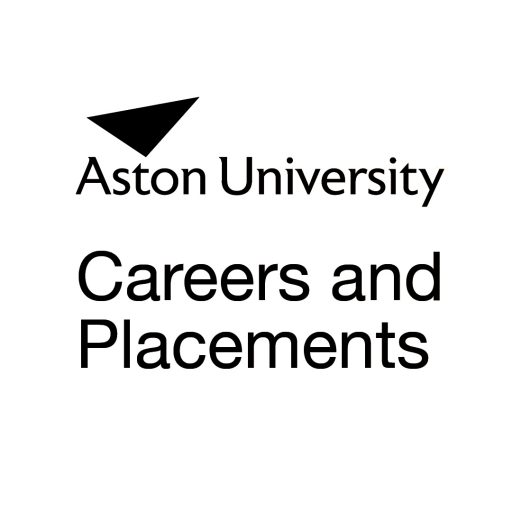Stuart Harrison graduated from Aston University in 2014 with a degree in International Business with Modern Languages (French). He is now Co-Founder of a start-up called Remedy Roots (who are nourishing better health through a range of signature loose leaf tea blends) based in Birmingham. Here he tells us about his career journey, what it’s like working in a start-up and how his placement year helped him to get where he is today.
Tell us a bit about your career journey.  How have you moved from being an Aston student to where you are now?
How have you moved from being an Aston student to where you are now?
After graduating, I moved down to Reading to work for a B2B marketing agency. I started off in their client services team – helping clients and managing projects for them. I then worked my way over to the planning department, where we would plan marketing strategies and campaigns for our primarily tech-focused clients. During that time, I studied for a Postgraduate Diploma in Digital Marketing with the IDM.

After two years, I decided to move back to Birmingham to live with my girlfriend (a fellow Aston student I met on placement year!). I was briefly the head of marketing for a small tech company, which sadly went bust after four months due to some lingering issues from before I joined.
That left me with a choice – to get another job, or work for myself. I decided to start working as a freelance marketing consultant. Soon after, my cousin approached me with an idea for her own range of health-beneficial herbal teas.
You are Co-Founder of Remedy Roots – how did that come about? Did your degree support you with the work that involved?
My cousin originally asked me for a marketing plan for her new business. After looking at what she wanted to achieve, and the values she would have along the way, I fell in love with the idea. I asked her if she would consider a 50/50 business partner, and she said yes!
My degree formed a solid base of knowledge that I could use to guide us in taking the first steps to creating a business.
What does your work involve? Do you have any highlights you’d like to share?
As a start-up founder, there is no task or job that you can consider as ‘not for you’; you very much become a jack of all trades. As a digital marketer, it’s been really interesting to learn how to sell at events and fairs, which has taught me a lot about the thinking process people actually go through when buying. We’re quite proud of ourselves that we’ve gone through all the steps needed to start getting our products stocked in shops and cafes, which has been a steep learning curve.
Before you graduated from Aston, what  was your opinion of working at an SME or start-up? Has this changed?
was your opinion of working at an SME or start-up? Has this changed?
I’ve always wanted my own business – the degree I chose and the jobs I took after were deliberate, to try and prepare myself for when the right idea came along. The all-consuming nature of a start-up is definitely much clearer to me now, but I’m still really happy to be working for myself!
What do you think are the greatest benefits of working at an SME/start-up?
If you’re working for a start-up, you’ve got a voice that will be heard. There’s no getting lost in the mix and if you’ve got an idea, you can test it out without having to go through three months of getting the right department members on-board. On top of that, if you’re with the right company then there will always be room for progression, because you’re helping the business to expand into bigger and better things.
What advice would you give to other students looking for job at an SME/start-up or considering starting up their own business?
Find something that you love. Whether it’s your idea or someone else’s, if you’re getting involved at a small business level, there’s no room for coasters – you need to really believe in what you’re promoting. At the same time, make sure you’re going into business with someone that’s interested in seeing you profit as well as themselves.
Did you do a placement whilst you were at Aston? If so, where was it and what did it involve? Did it help shape your career path in any way?
Yes! The placement year sealed the deal when I was looking at University courses. I did six months in Nice, France working for a boat rental company, then six months in Paris for Orange Business Services. A placement is invaluable. I found that at all my subsequent job interviews, I spent more time talking about my experiences on the placement year than anything else. It completely broadens your thinking and helps you to appreciate what the working world looks like beyond the part-time jobs that are available to a student.
You can find out more about Remedy Roots here: remedyroots.com
If Stuart’s story has inspired you to find out how small companies can offer you big opportunities, we are here to help! Visit our dedicated webpage: www.aston.ac.uk/sme, join in the conversation on social media using the hashtag #AstonSMEs or come and speak to us in the Careers+Placements Centre. Don’t forget, you can also explore a range of placement and graduate opportunities at SMEs on Aston Futures.



